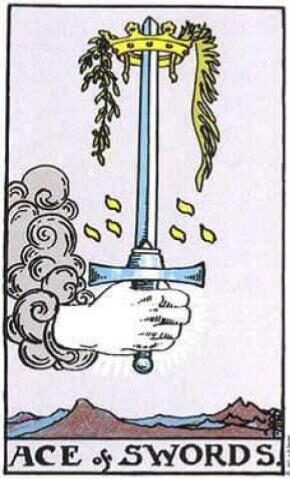
As we move through the world upon our journey of life, we find ourselves at times remembering a painful experience and saying, “If only I had known then what I know now!”
At these moments of reflection, we recognize that having knowledge is important to dealing successfully with the world. Furthermore, we are admitting that the quality of that knowledge is important: our mistakes are as often the result of false or erroneous knowledge as they are due to the absence of any knowledge.
Thinking that we know something is not always the same as actually having useful knowledge. If we could measure the total amount of human misery in the world, how much of it could be attributed to actions based on missing or wrong information? Worse, how much suffering is the result of people who do possess knowledge, but hide it from others for personal gain, or replace true knowledge with false information? At the time of this publication, the insane greed of fossil fuel investors has put all life on Earth in mortal danger; they have known for decades what the consequences would be for their fellow humans and countless other living species, but have deliberately misinformed the public and corrupted our governments so as to keep the profits flowing while the world dies around them. Our responsibility to the truth is not only to ourselves.
Knowing, as we do, that much of the information available to us is incomplete, distorted, or outright false, how are we to know anything with confidence?
In order to be truly free, our choices must be made from a place of awareness – of access to necessary, reliable, and useful information, and of the ability to process that information logically and with minimal bias. This is more of a challenge now than ever before. The first two decades of the 21st century have seen fascism raise its ugly head around the globe; national party leaders and media liaisons paraphrase Nazi propaganda master Josef Goebbels* in brazen denial of documented facts, claiming their own “alternative facts” to be equally valid. We are at the point of Orwell’s warning, where language has been weaponized against the very ability to know truth, let alone make sense of one’s own place in the world.
It has been said that we are only really ourselves when we act intentionally, of our own volition. We cannot truly act with purpose until we are sure that we are making our own choice, and not acting according to someone else’s design. This means we are going to have to do some thinking about truth and how it is found, understood, mistaken, and hidden. We will have to face uncomfortable realizations about our world. Parts of what we call “reality” will fall to pieces.
The awful truth about the truth: it is never quite as simple as it seems. This is because nothing exists all by itself, in a vacuum; exploring one thing, we discover connections to other things. The broader our scope, the more complex truth becomes. What may be simple when considered in isolation proves to be only a part of a multidimensional web of interconnected events, ideas, and perceptions. Yet the quest to expand our personal knowledge is not a hopeless or futile pursuit. Understanding more of the greater context around any single thing gives us a better understanding of the ways that thing interacts with the world – and so also with ourselves.
The next part of this series will deal with the ways human thinkers have framed the search for knowledge. We will focus on how our theories of knowledge have been challenged and changed by a few pivotal shifts in the framework.
This brief article is meant to introduce the topic of epistemology – what the nature of knowledge is and the extent to which we can rely on what we know. For readers who want to explore theories of knowledge formally and in depth, we recommend beginning with the main article on Epistemology from a trustworthy source, such as these examples from Britannica and the Stanford Encyclopedia of Philosophy.
*Goebbels famously claimed that a lie becomes truth if repeated often enough, an argument which reduces logically to “there is nothing but Power.”